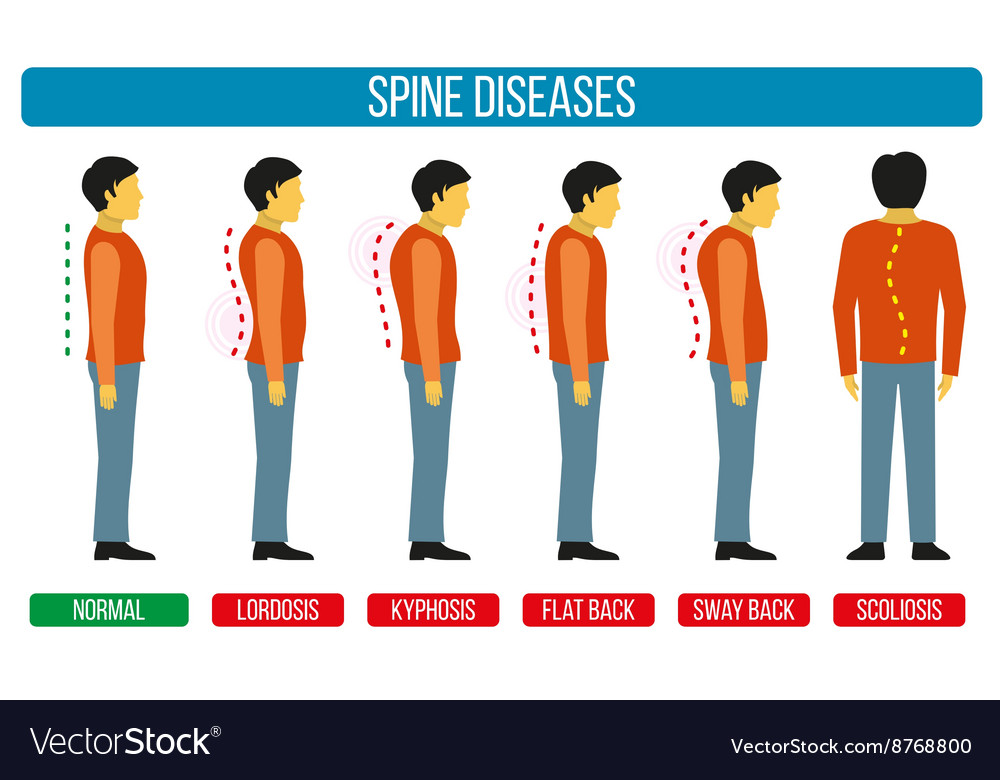Nutrition'S Effect On Pain In The Back Alleviation: Dietary Choices To Embrace And Those To Stay Away From
Nutrition'S Effect On Pain In The Back Alleviation: Dietary Choices To Embrace And Those To Stay Away From
Blog Article
Authored By-Hsu Sharpe
When it involves handling your pain in the back, the food choices you make can substantially affect exactly how you feel every day. Picture having the ability to relieve your discomfort merely by adjusting what you eat. By comprehending the function of nourishment in back pain monitoring and knowing which foods to integrate or steer clear of, you can take proactive steps towards a healthier and extra comfortable way of living. The connection between nutrition and back health is a lot more extensive than you may understand-- let's discover just how certain foods can either soothe or exacerbate your back pain.
Importance of Nutrition in Back Pain
Nutrition plays a critical role in handling neck and back pain. Your diet can substantially impact swelling degrees and overall discomfort levels in your back. Consuming a well balanced diet regimen rich in nutrients like vitamins D and K, calcium, magnesium, and omega-3 fats can help reduce swelling and strengthen bones, which are vital for back health and wellness.
In addition, preserving a healthy and balanced weight via proper nourishment can minimize anxiety on your spine, decreasing the danger of pain in the back.
Additionally, more info like anti-oxidants found in vegetables and fruits can assist fight oxidative stress and anxiety and promote healing in the body, including the back muscles and back.
On the other hand, consuming too much quantities of processed foods, sugary beverages, and undesirable fats can contribute to swelling and weight gain, worsening neck and back pain.
Foods to Consume for Back Health
To sustain a healthy back, including nutrient-rich foods right into your daily dishes is vital. Consisting of foods high in antioxidants like berries, spinach, and kale can help reduce inflammation in your back, alleviating discomfort and discomfort. Omega-3 fats discovered in fatty fish such as salmon and mackerel have anti-inflammatory residential or commercial properties that can benefit your back health.
Furthermore, taking in nuts and seeds like almonds, walnuts, and chia seeds provides essential nutrients like magnesium and vitamin E, which support muscle mass feature and lower oxidative tension. Integrating lean healthy proteins such as hen, turkey, and tofu can aid in muscle repair and upkeep, advertising a solid back.
Don't fail to remember to include dairy or fortified plant-based options for calcium to sustain bone wellness. Finally, moisten with plenty of water to keep your spinal discs hydrated and operating optimally. By including these nutrient-dense foods in your diet regimen, you can nourish your back and assistance overall spine health.
Foods to Avoid for Back Pain
Opt for staying clear of refined foods high in added sugars and trans fats when seeking remedy for neck and back pain. These kinds of foods can contribute to inflammation in the body, which may worsen back pain. Say no to sugary treats sweet, breads, and sweet drinks, in addition to fast food items like burgers, french fries, and fried chicken that are typically filled with trans fats.
Furthermore, avoid foods having high levels of polished carbs, such as white bread, pasta, and pastries, as they can increase blood sugar degrees and possibly worsen swelling in the body.
back diseases 's likewise important to limit your consumption of foods high in saturated fats, like red meat and full-fat dairy products, as they can add to swelling. Processed foods like deli meats, chips, and packaged treats are usually high in hydrogenated fats and ought to be eaten in small amounts.
Conclusion
Finally, paying attention to your diet and making wise food selections can have a significant impact on managing back pain. By including nutrient-rich foods like berries, fatty fish, nuts, and lean healthy proteins, and staying clear of processed and sugary things, you can help reduce inflammation and support overall back wellness. Keep in mind, what you eat plays a vital function in how you really feel, so see to it to prioritize your nutrition for a healthier back.
